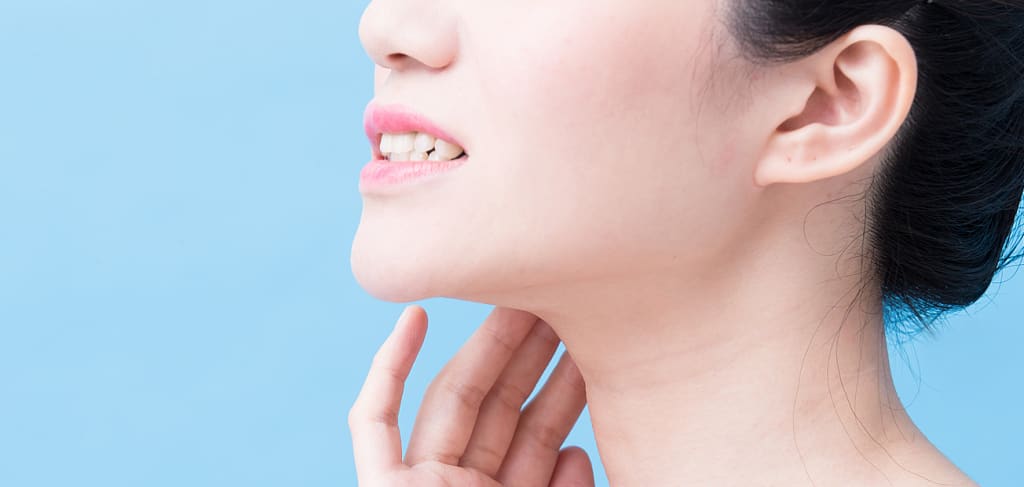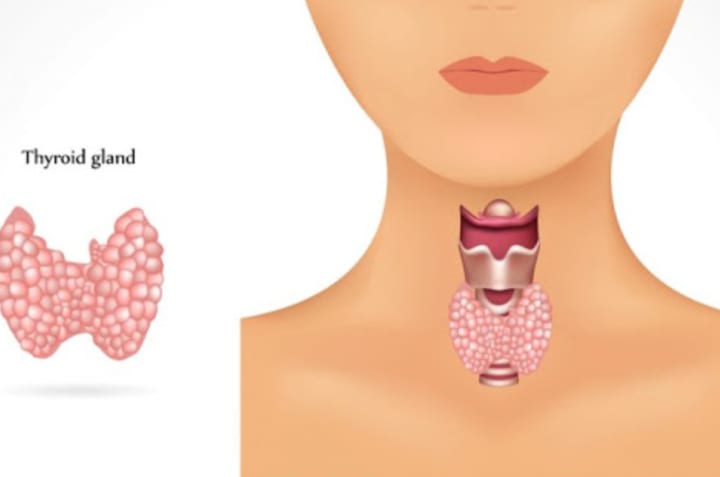Is thyroid cancer “popular” because of eating too much iodized salt?
Iodized salt

Is thyroid cancer "popular" because of eating too much iodized salt? Refute the rumors! There is currently no direct evidence that the consumption of iodized salt or increased iodine intake is associated with the occurrence of thyroid cancer. On the contrary, the iodine in the human body is completely dependent on the supply of the natural environment, and once the intake is insufficient, it will cause a series of harm to the health. Especially those high-risk groups with iodine deficiency should pay more attention.

The body's iodine reserves are sufficient for up to three months
Iodine is an essential trace element for the human body. Iodine, like protein, fat, carbohydrates, and vitamins, is an essential nutrient for the human body. Its content in the human body is only 20-50 milligrams, which is about one-two millionths of the body's weight, and belongs to a kind of trace element. Although the content is extremely low, it is indispensable for the development of the body's various systems, especially the nervous system. In addition, iodine is also an important raw material for the synthesis of thyroid hormones. When iodine intake is stopped, the iodine reserves in the body can only be maintained for 2 to 3 months.
The human body's iodine is completely dependent on the supply of the natural environment. Once it is lacking, it will cause insufficient synthesis of thyroid hormone in the body, leading to some clinical or subclinical symptoms. Such as: lack of concentration, fatigue, decreased work efficiency, etc.; children in the growth and development stage, if the thyroid hormone is insufficient, will lead to physical and brain development retardation or retardation.

Pregnant women, breastfeeding women, infants from 0 to 3 years old, preschool and school-age children are the most vulnerable groups of high-risk groups affected by iodine deficiency.
The iodine requirement of pregnant women is much higher than that of the general population. The iodine taken by pregnant women not only meets their own physiological needs, but also supplies iodine to the fetus to ensure the growth and development of the fetus. Iodine deficiency in the natural environment, pregnancy reaction of pregnant women, and salt avoidance can all lead to insufficient intake of iodine in pregnant women. All the iodine needed by the fetus comes from the mother. Inadequate iodine nutrition of pregnant women will cause iodine deficiency in the fetus. If severe iodine deficiency occurs during pregnancy, miscarriage, premature delivery, stillbirth, and congenital malformations may occur.
The fetal period and the infant period (0 to 3 years old) are critical periods for the development of a child's brain. If the child lacks iodine during the fetal period and the infant period, it will affect the normal development of the brain, severely causing cretinism, deafness, and intellectual impairment.

Children and adolescents are in a period of very rapid growth and development. The demand for iodine has increased significantly, and they are more sensitive to iodine deficiency. The iodine deficiency of children during the growth and development period can lead to physical retardation or retardation, such as: short stature, skeletal muscle dysplasia or Delays, dysplasia or delayed closure of epiphyses, delayed or delayed sexual development, and decreased learning ability.
See how much iodine you need every day
How much iodine does a person need every day? The reference intake of iodine per person per day recommended by experts: 85 micrograms for 0 to 6 months, 115 micrograms for 6 months to 1 year old, 90 micrograms for 1 to 10 years old, 110 micrograms for 11 to 13 years old, and 14 years old The above children and adults are 120 micrograms, pregnant women 230 micrograms, and breastfeeding women 240 micrograms.

How can we efficiently supplement iodine? First consider supplementing iodine by eating iodized salt, kelp, seaweed and other iodine-rich foods. In addition, iodine-containing nutrient supplements can also be considered. People cannot do without table salt every day. Iodization of table salt has the advantages of being safe, effective, simple and easy, low price, and long-term adherence. It is the best way to supplement iodine.
Due to the long-term existence of iodine deficiency in the natural environment, the human body's storage capacity for iodine is limited, so iodine supplementation should follow the principles of long-term, trace, daily and daily life.

However, I also remind everyone to note that patients who follow the doctor’s advice can stop using iodized salt; people who insist on taking iodine-containing nutritional supplements for a long time, if the daily iodine supply of the product is greater than or equal to 150 micrograms, and it can be taken regularly every day Iodized salt can be stopped; patients with chronic diseases who take long-term medications need to check the drug instructions to determine whether and how much iodine is contained. If the daily supply of iodine is too large, the thyroid function needs to be checked regularly if necessary.






Comments
There are no comments for this story
Be the first to respond and start the conversation.